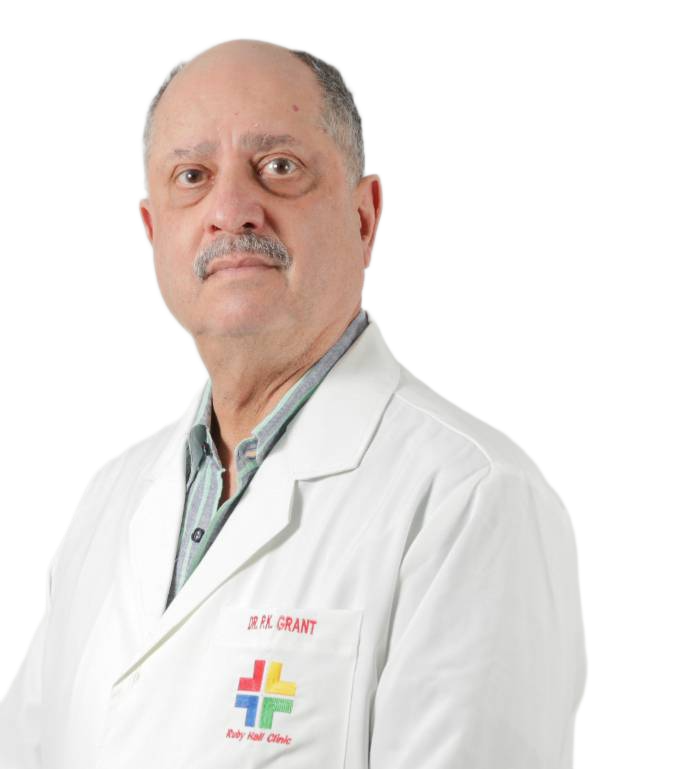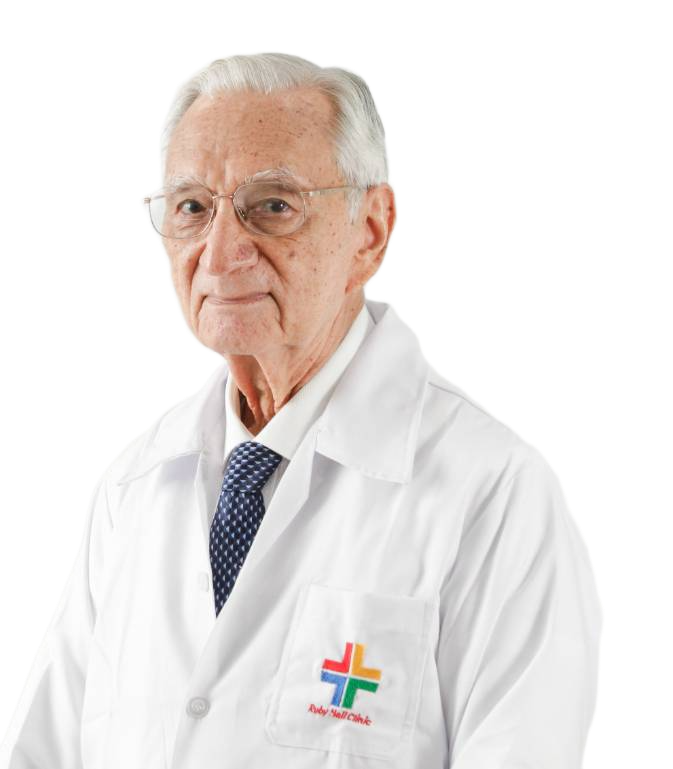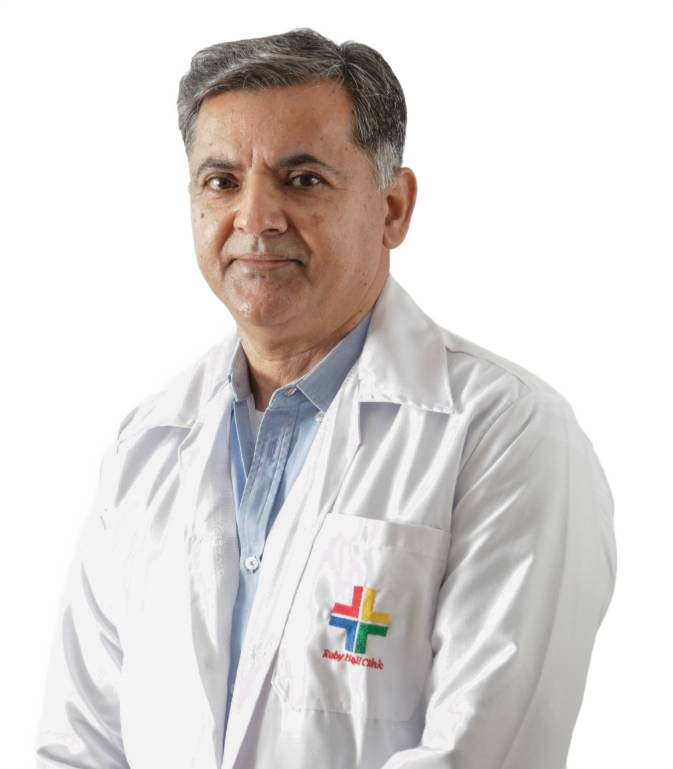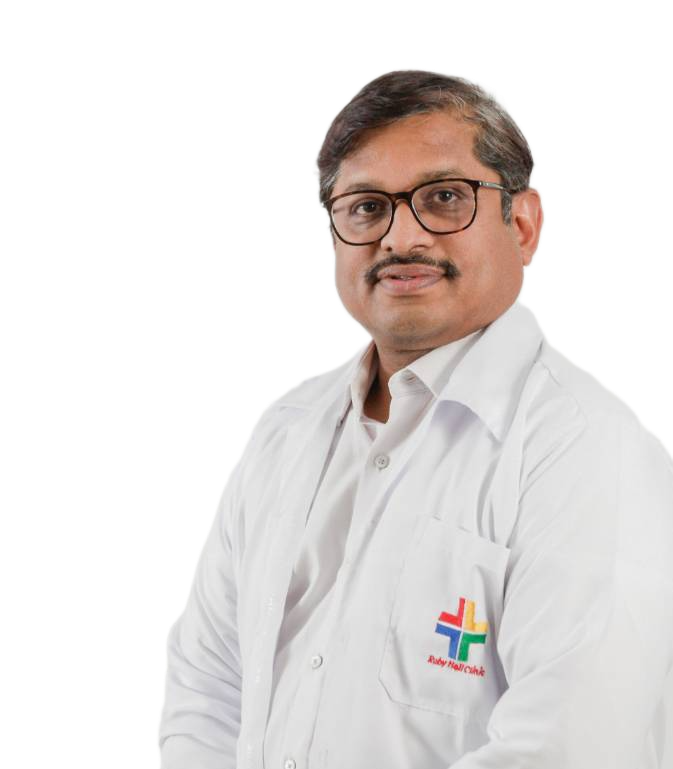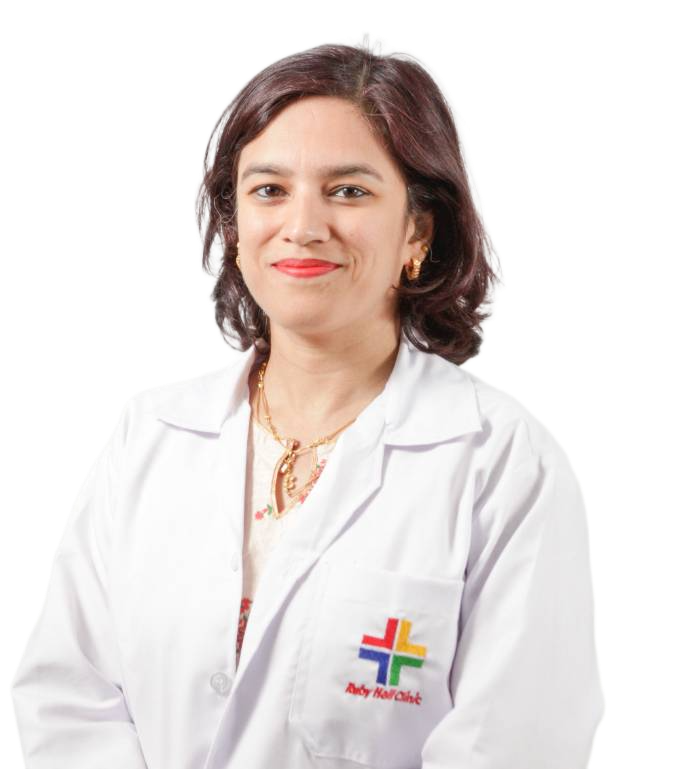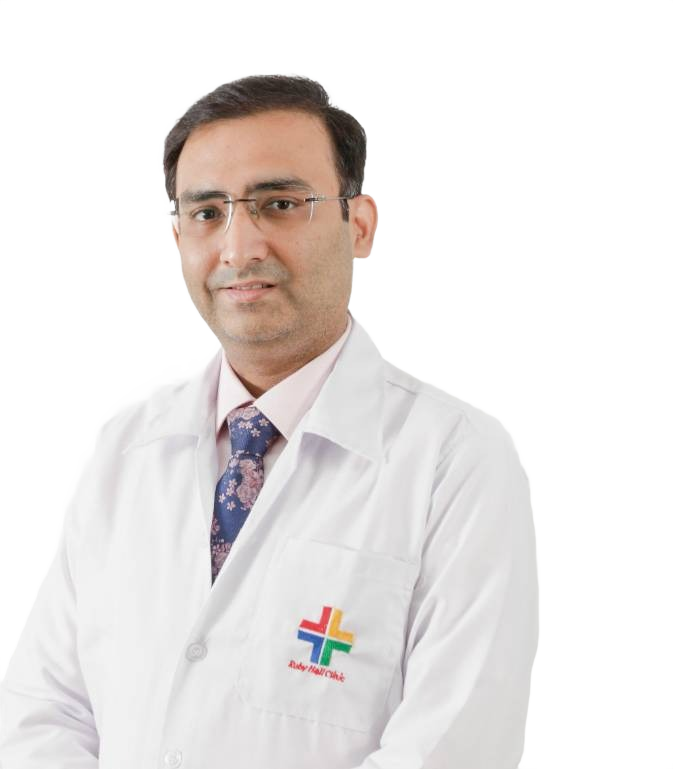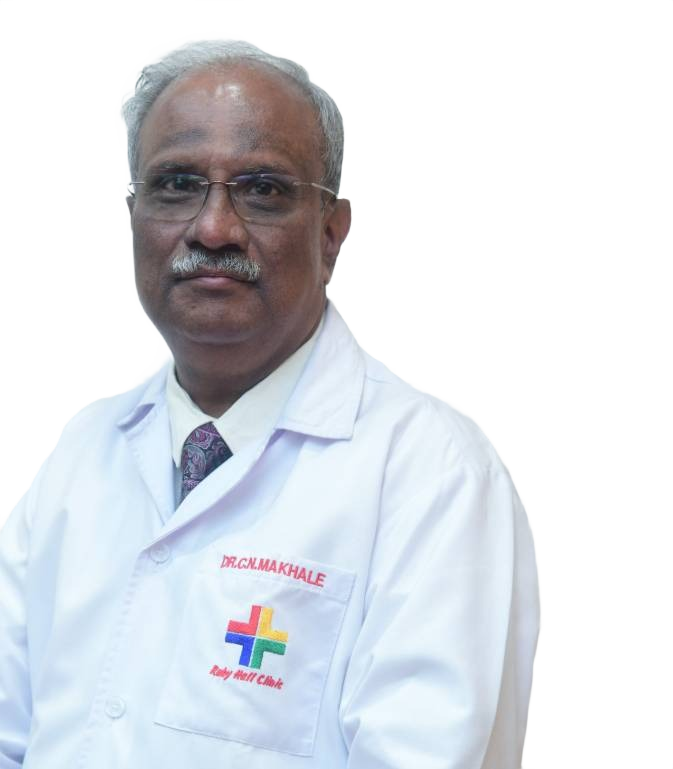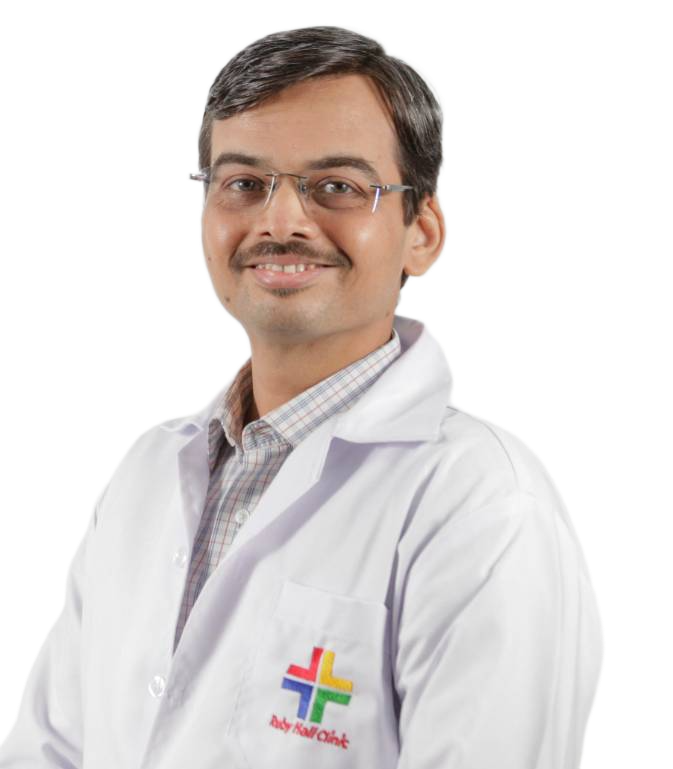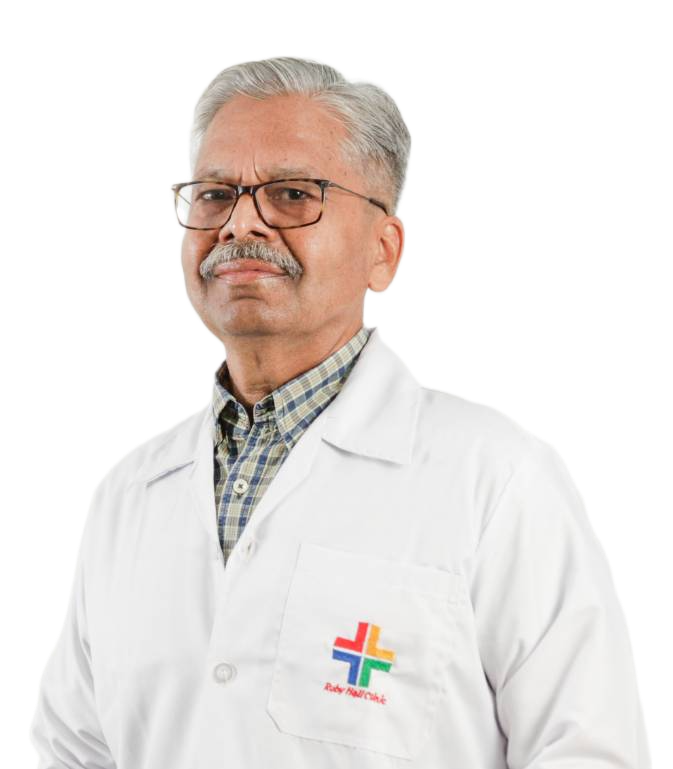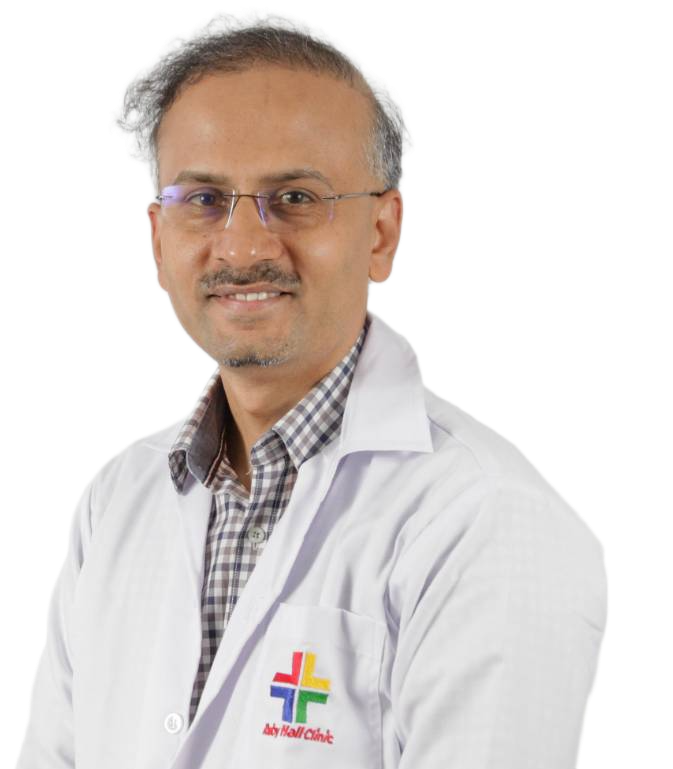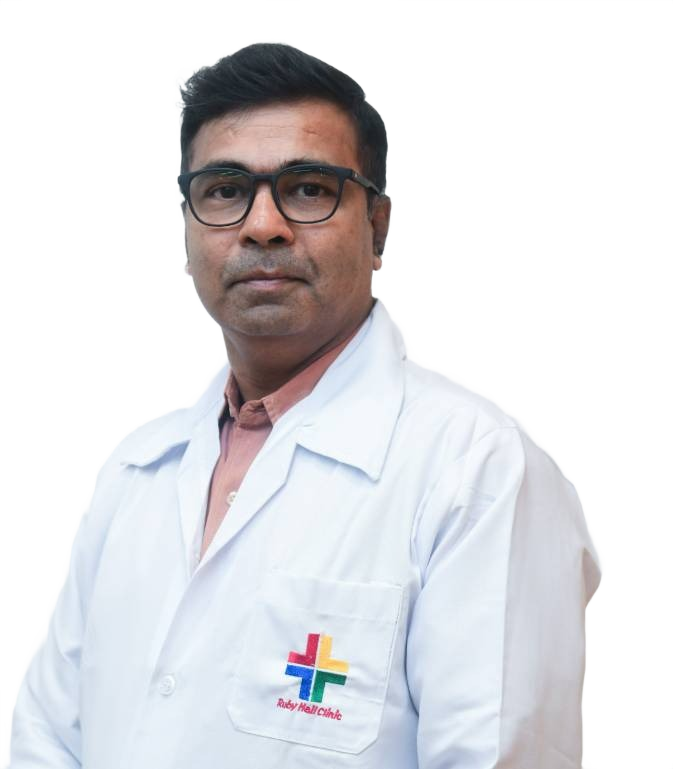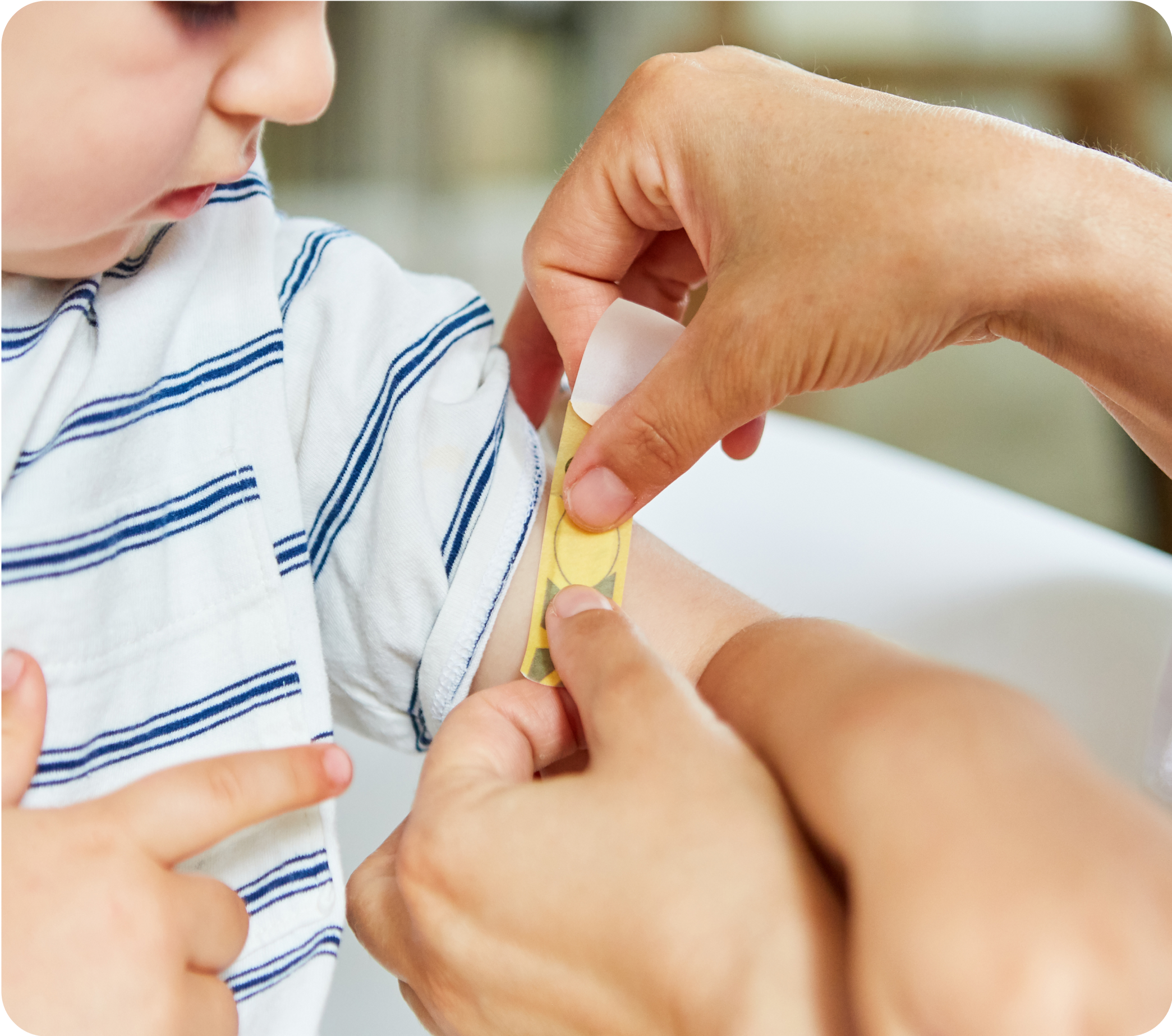
Founded over 50 years ago, the Ruby Hall Clinic Cardiac Centre is the second-largest cardiac centre in India. With four cutting-edge cardiac catheterisation labs and four well-equipped cardiac operating rooms, we perform intricate heart surgeries and angioplasties with a success rate that has made the Ruby Hall Clinic Cardiac Centre renowned throughout India and the rest of the world.
Our expert team includes 21 Cardiologists and 8 Cardiac Surgeons, some of the best in Pune. We offer comprehensive services including Electrophysiology, Rotablators, FFR, LASER, Intravascular Ultrasounds (IVUS), Optical Coherence Tomography (OCT), Intravascular Lithotripsy (IVL), Orbital Atherectomy, and Intra-Aortic Balloon Pumps.
The centre also performs non-invasive Atrial Septal Defects (ASD), Ventricular Septal Defects (VSD), and Patent Ductus Arteriosus (PDA) closures, complex angioplasties with various stents, and structural heart interventions such as Transcatheter Aortic Valve Replacement (TAVR) and Percutaneous Transcatheter Mitral Valve Replacement (PTMVR).
We are a leader in Advanced Pacemaker Implantation and Electrophysiological Studies, offering Non-Invasive Investigations, ECG, 2D ECHO, CT Coronary Angiography and Catheter Angiography, Cardiac MRI and PET Scans.




Comprehensive evaluation and management of all types of heart disease.
Non-invasive imaging to assess heart function and structure.
A monitored physical test to check heart performance under physical exertion.
24–48 hour portable ECG monitoring for detecting irregular heart rhythms.
Evaluation of electrical disturbances causing abnormal heart rhythms.
Diagnosis and treatment of conduction system diseases & abnormal rhythm of heart, using special modalities like RFA, CARTO 3D Mapping & Cryoablation.
High-resolution imaging for visualising cardiac anatomy, coronary arteries and calcification.
Non-invasive technique to evaluate coronary artery blockages using advanced 1152-slice CT technology.
Detailed imaging of cardiac muscle, valves, and vessels to assess functional and structural abnormalities.
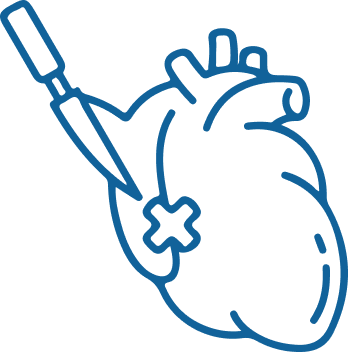
Advanced metabolic imaging used for myocardial viability studies and inflammatory heart conditions.
Holistic care for conditions affecting the heart and blood vessels.
Advanced management including stents, surgery, and medication.
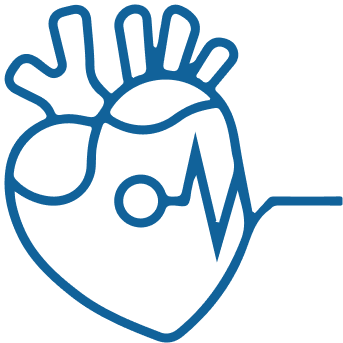
Treatment for birth defects affecting the heart’s structure and function.
Comprehensive surgical care for conditions of the heart and thoracic cavity.
Repair or replacement of malfunctioning heart valves.
Specialised care for patients requiring heart transplants.
Tailored treatments to improve quality of life and cardiac function.
Procedures like angioplasty and stenting to restore and maintain coronary blood flow.
Emergency and elective treatment for stroke and brain vessel disorders.
Treatment for blockages in arteries outside the heart.
Minimally invasive techniques for managing diseases within the blood vessels.
Diagnosis and treatment of heart conditions in children.
Interventions like TAVR and PTMVR for structural defects.
Placement of pacemakers and defibrillators to manage abnormal heart rhythms.
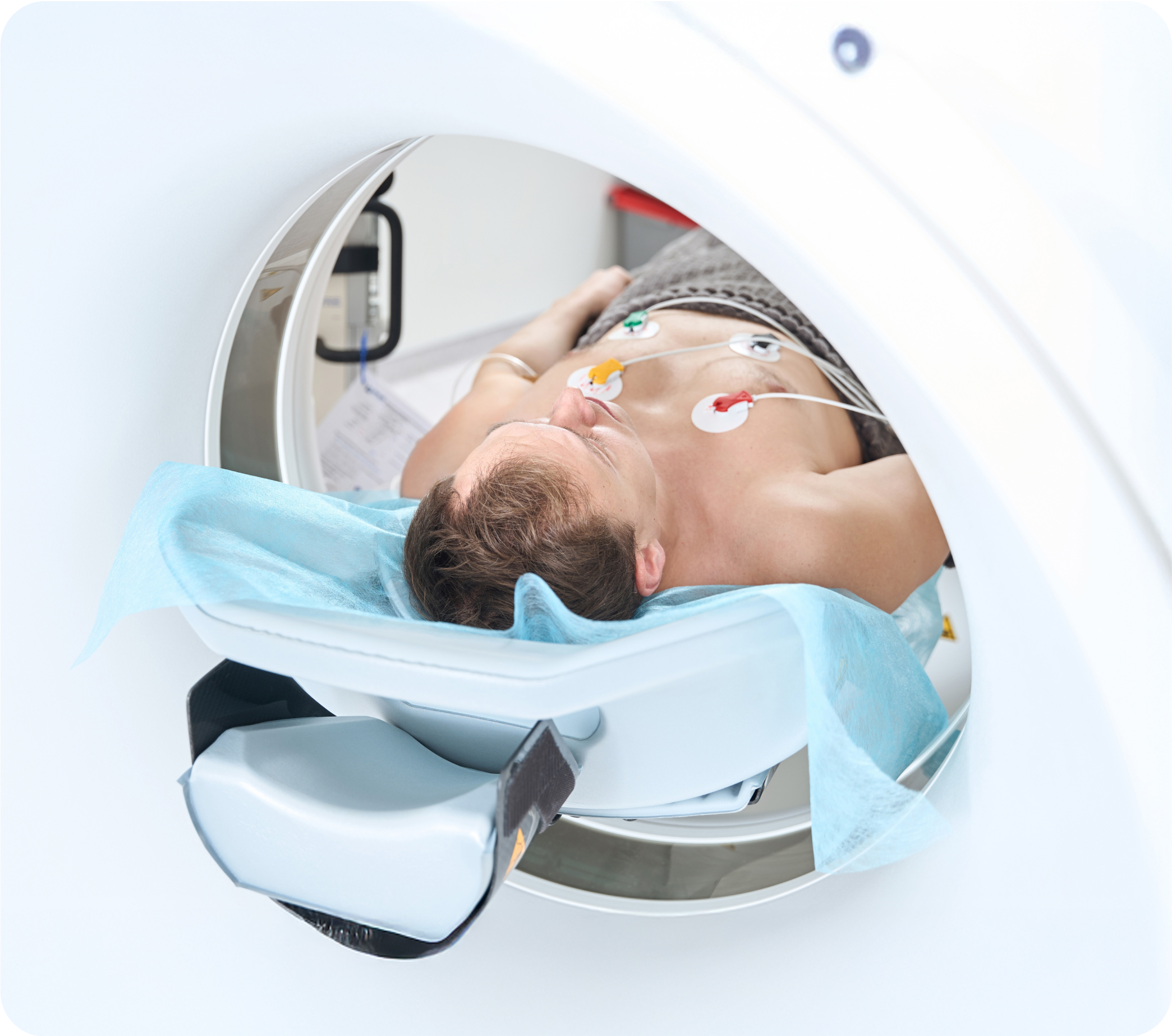
Coronary angiography is a test used to detect narrowing in your arteries.
Angiograms are X-rays that detect narrow, blocked, enlarged, or malformed arteries or veins in many body parts, including the brain, heart, abdomen, and legs. Coronary angiograms are X-rays of the arteries in the heart. An Angiogram offers information on the extent and severity of any heart disease and helps your doctor plan your treatment. These may include angioplasty (stents), bypass surgery, or medications.
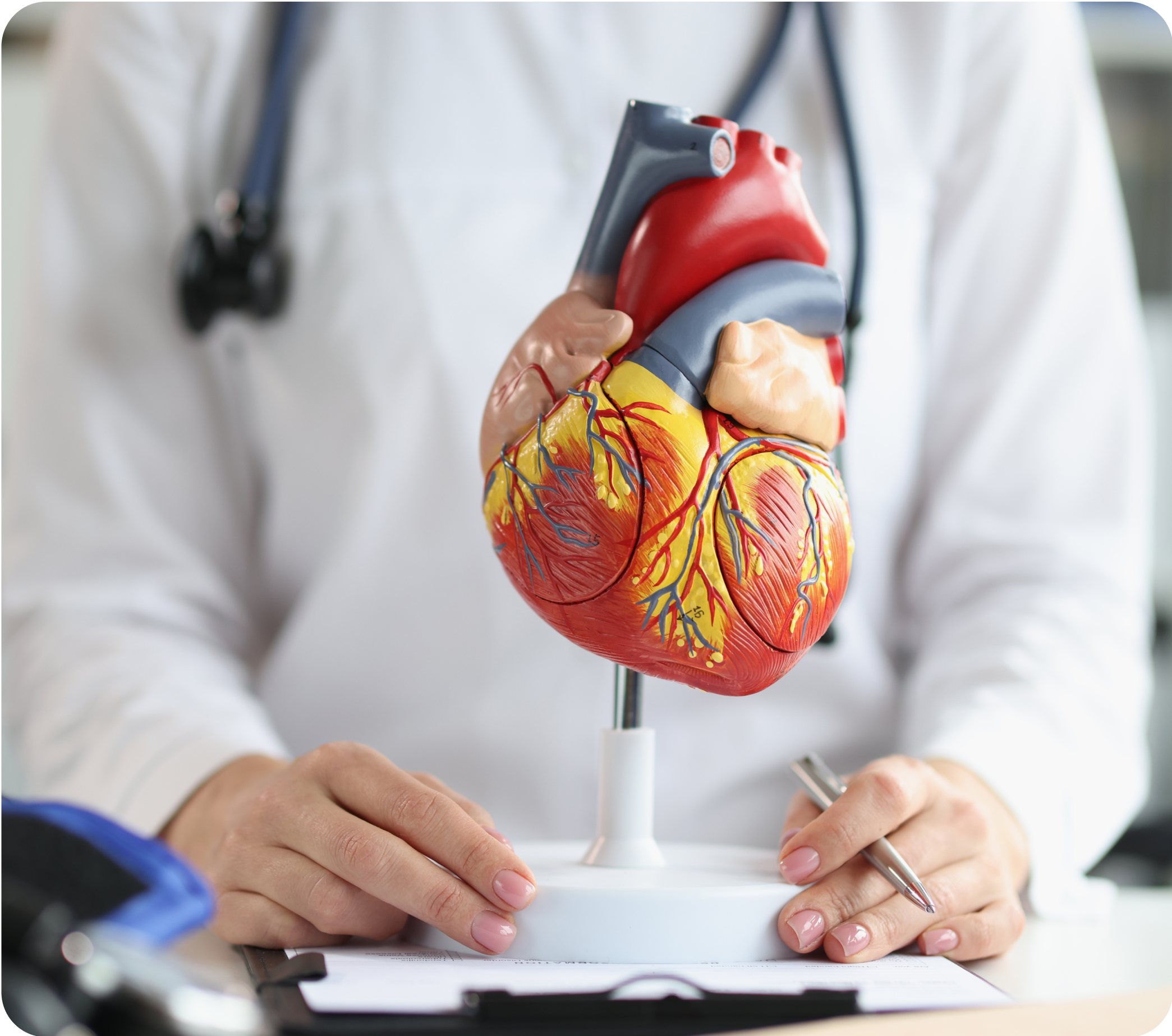
Angioplasty is a procedure that opens clogged arteries in the heart. A tiny balloon helps widen an artery that has been temporarily blocked by a plaque.
An angioplasty is often combined with the permanent placement of a stent, to keep an artery open and decrease its risk of narrowing again. Some stents are coated with medication to help keep your artery open (drug-eluting stents), while others are bare-metal stents & specialised balloons called Drug Eluting Balloons.
This procedure can relieve chest pain and shortness of breath caused by blocked arteries. In addition to opening blocked arteries after a heart attack, angioplasty can also reduce the degree of heart muscle damage

Repair or replacement of aneurysms and dissections.
Treatment for malfunctioning aortic valves.
Corrective surgery for genetic heart defects.
A surgical procedure where the blocked portion of the coronary artery is bypassed with another piece of blood vessel.
A life-saving option for advanced heart failure.
A mechanical pump for heart function support.
A technique that gets the heart back into a more normal shape after a heart attack, allowing it to pump blood more efficiently.
Removes thickened heart muscle.
For patients with angina not treatable by other means.
Repairs or replaces heart valves.
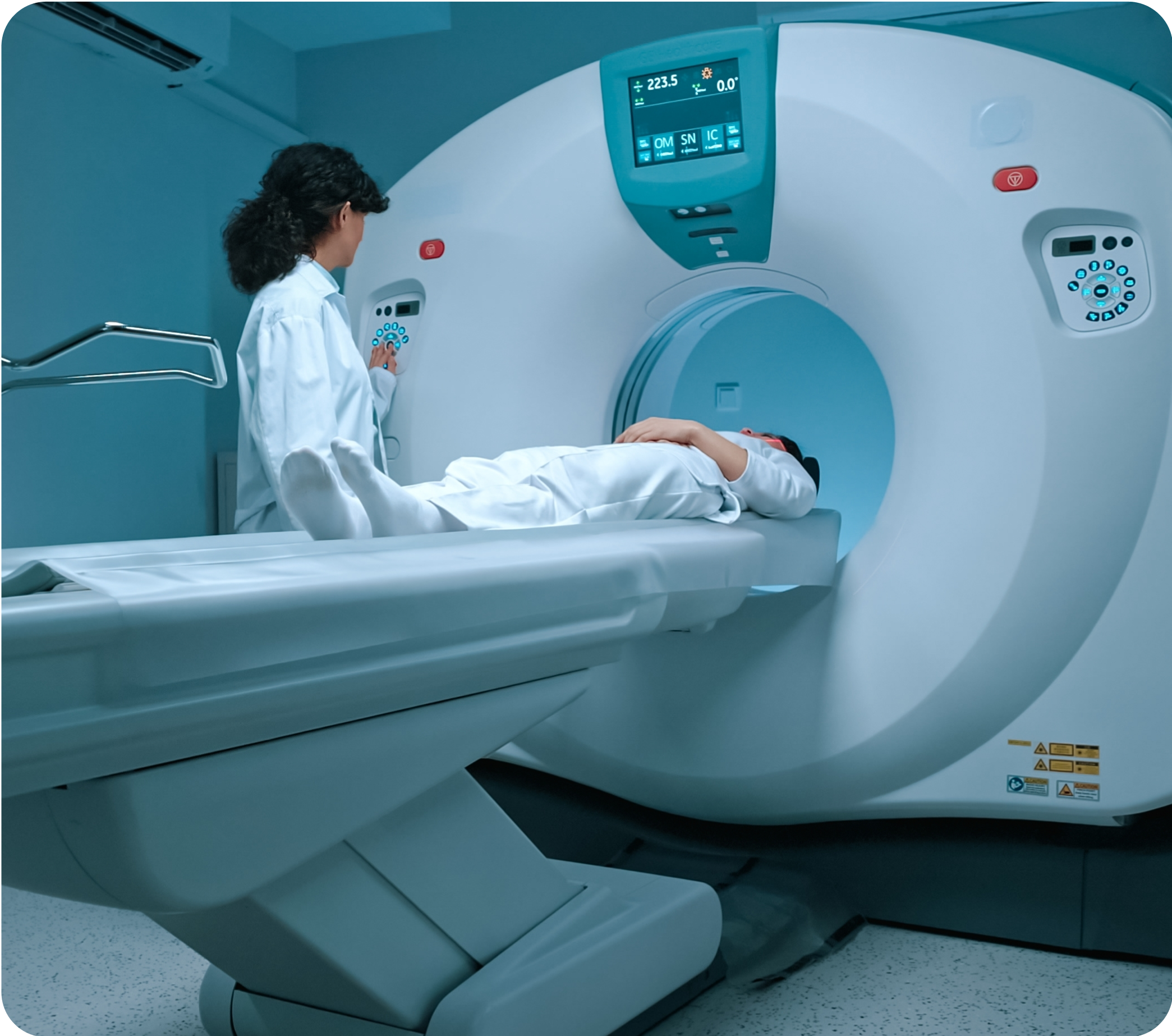
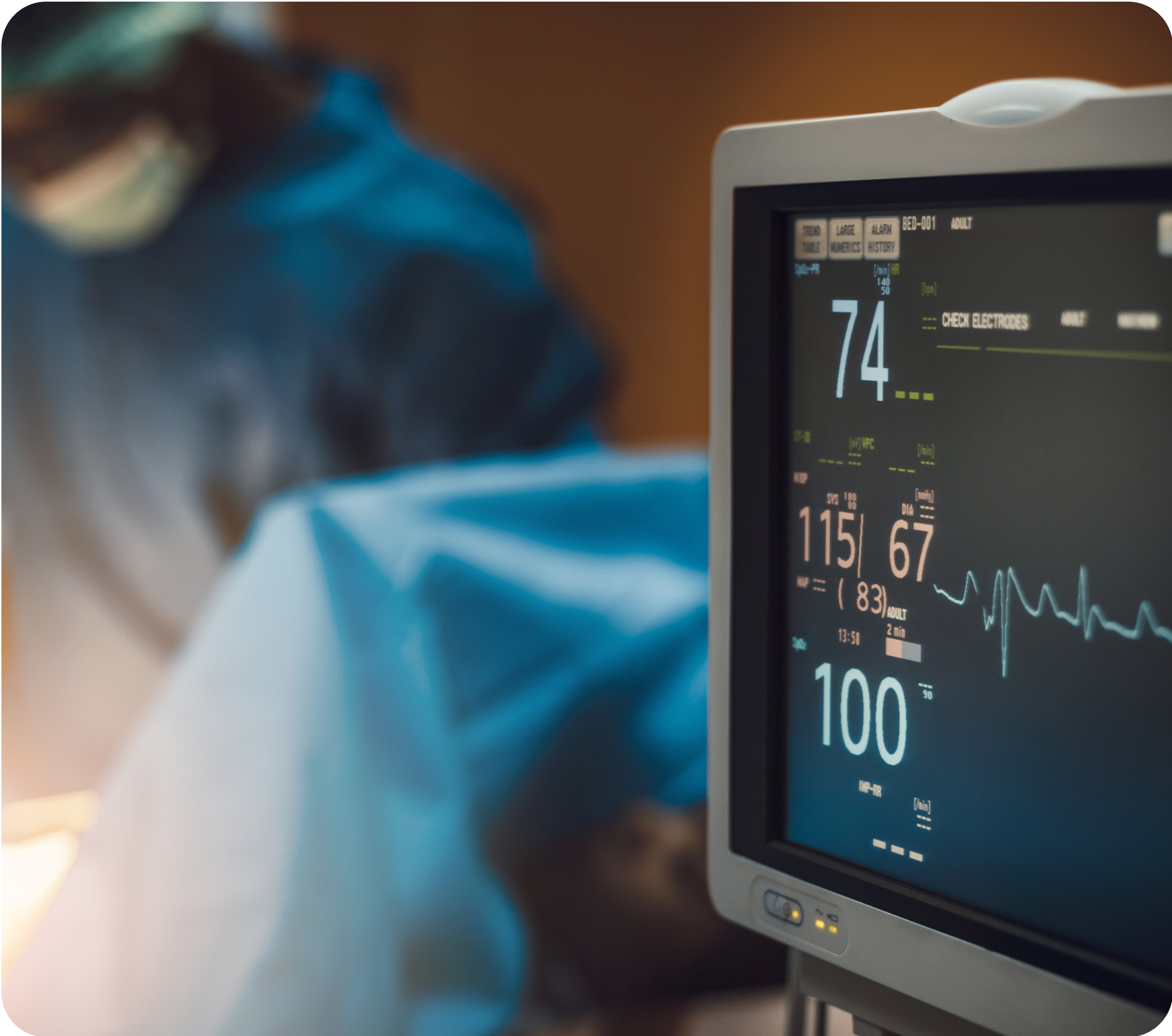
Two million new cases of heart failure are reported in India every year, and one-third of them require a heart transplant. A transplant is performed when end-stage heart failure or heart injury can’t be treated by any other means. It is reserved for individuals with a high risk of dying.
Ruby Hall Clinic was the first hospital in Pune to have received a license to undertake this procedure, adding to its list of organ transplants. The heart transplant program has the depth and experience to successfully treat those patients for whom transplant is the answer, as well as the many patients for whom it is not. Our heart transplant team is experienced in evaluating high-risk patients and understands what transplants can provide. Based on the evaluation results, the transplant team decides whether or not a heart transplant is appropriate as the best therapeutic option.
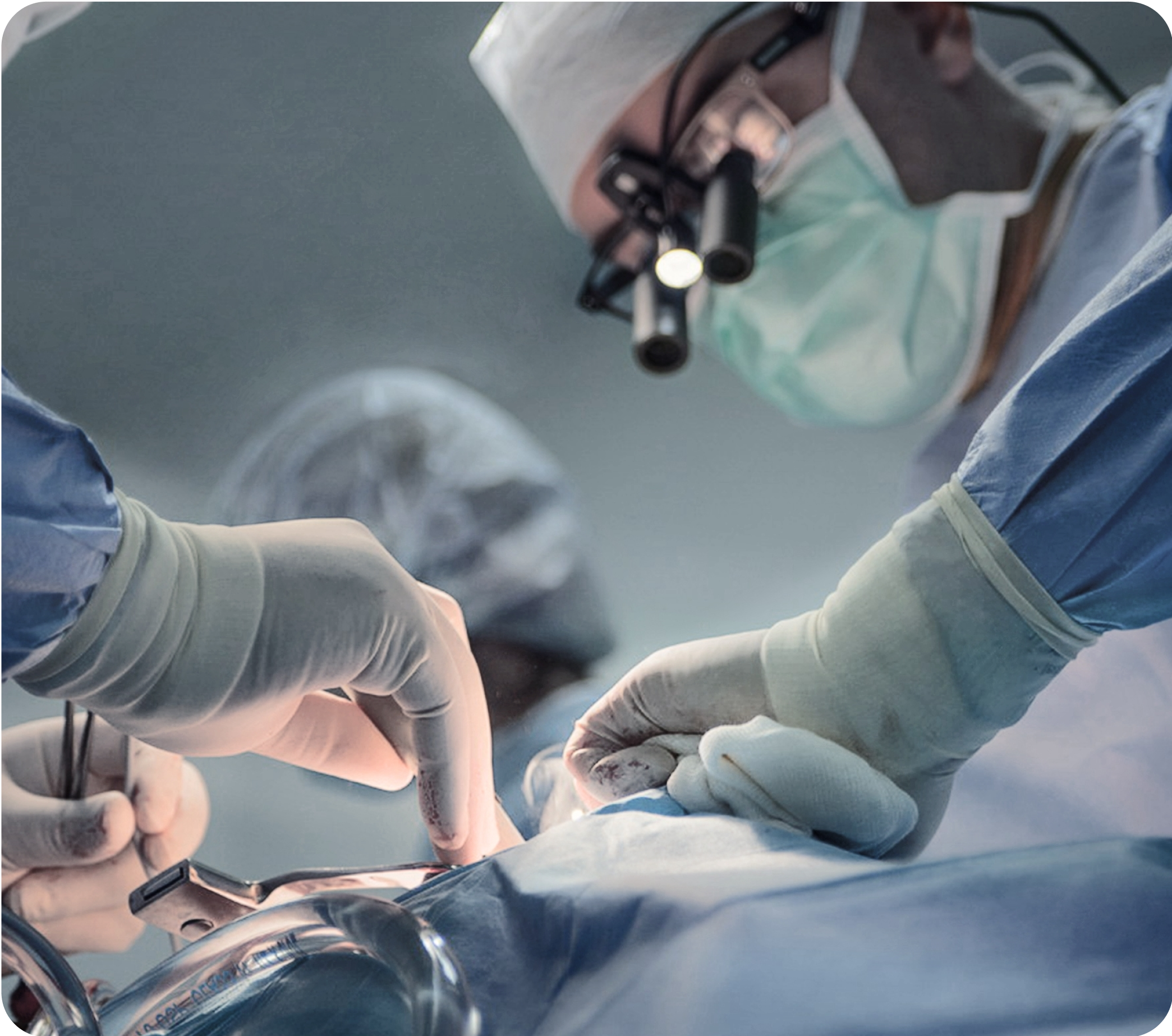

Heart ailments are often thought of as an affliction of adults. But unfortunately, children suffer from life-threatening cardiac conditions. Therefore, Managing Trustee Dr. Purvez Grant deemed it necessary to have a dedicated Paediatric Cardiology Unit.
From accurate and timely diagnosis to appropriate and proficient treatment, the Paediatric Cardiology Unit provides end-to-end cardiac care from 18 weeks gestation.
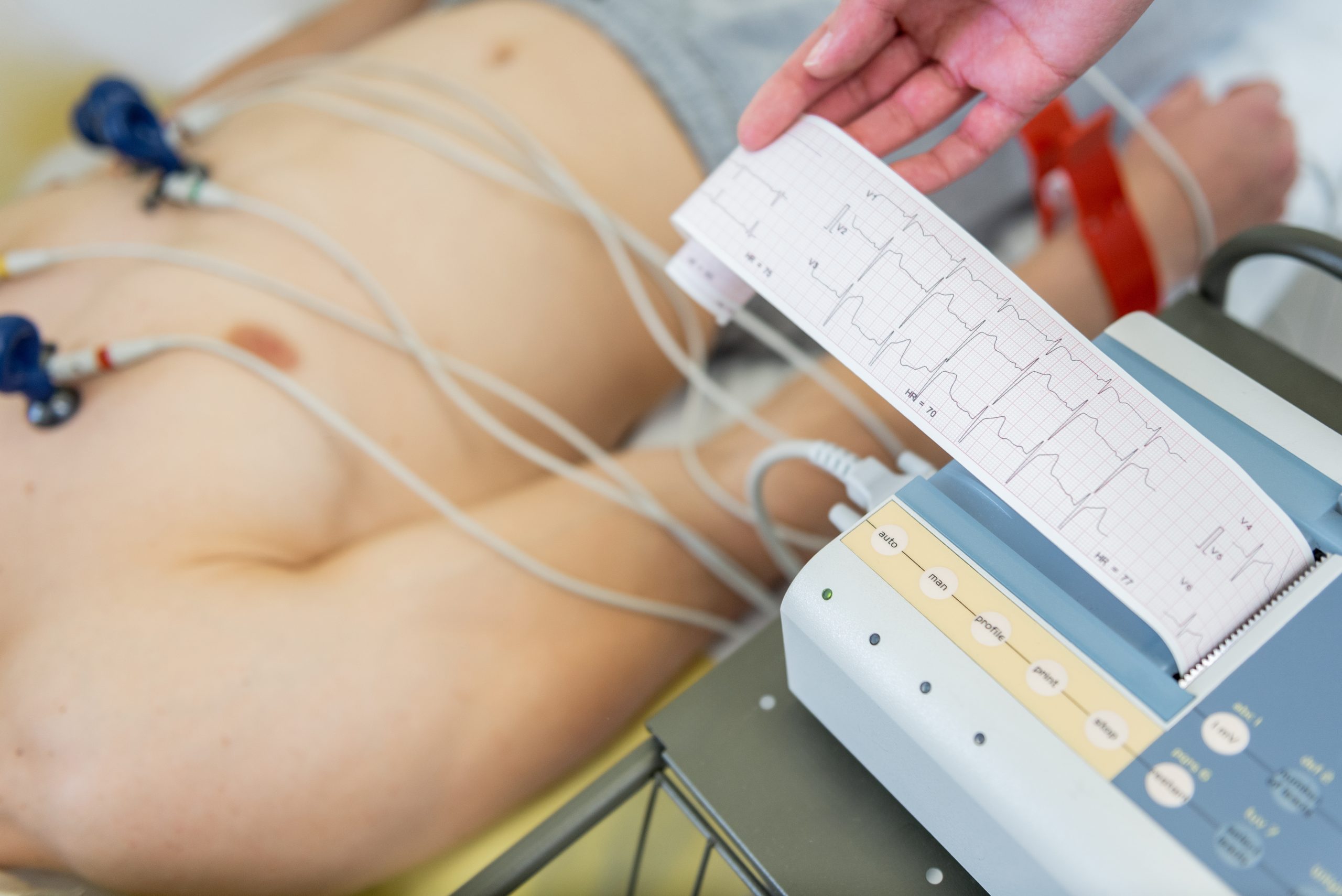

We are one of the best cardiac hospitals in Pune. Our patient satisfaction rates are among the highest in the country, and our heart specialists are well-equipped in the diagnosis and treatment of a wide range of cardiac conditions.
Thousands of patients have received treatment from our knowledgeable and experienced specialists. Our highly qualified team is committed to enhancing your heart health and includes vascular and cardiac surgeons, nurse practitioners, nurses, dieticians, and physiotherapists.
We have a reputation for offering thorough, compassionate care throughout your experience with us. You can be sure that you will receive the best care regardless of whether you are visiting for a routine check-up, a life-saving surgery, or a consultation.
At Ruby Hall Clinic, we believe that better technology translates to better care. Our professionals operate cutting-edge technology, from diagnosis through surgery and beyond, to give you the care you deserve.
Patient comfort is of utmost priority, and our doctors ensure that all tests are as minimally invasive as possible. While most procedures are comfortable and pain-free, we may be required to draw blood for diagnostic samples. Rest assured, our diagnosticians have ample expertise and place your comfort above all.
While there are a variety of factors that can put you at risk for cardiac problems, a good lifestyle can eradicate some of the risks. However, some factors include smoking tobacco, high cholesterol or blood pressure, excess physical exertion or physical inactivity, obesity, or diabetes.
Our experts provide medical management, treatments, or lifestyle modification guidelines to help treat your condition. If these treatments have not worked for you or can’t be used to treat your cardiac condition, heart surgery might be an option. In such instances, our specialists will work with you to decide whether heart surgery is the best treatment option for you.
While our hospital offers stellar results for heart surgery, it is important to understand that, as with any other surgery, this too comes with risks. Some of these include bleeding, inflammation, or infection; a reaction to anaesthesia; damage to other organs; or, in rare cases, death. However, these risks are higher if surgery is performed in emergencies or if the patient has underlying conditions such as diabetes, kidney disease, lung disease, or peripheral arterial disease. The best heart doctors take the patient through the potential risks and help determine the course of treatment that’s best for you before finalising surgery.
Heart attacks refer to the death of heart muscle and are caused Heart attacks refer to the death of heart muscle and are caused by a block in the artery. Current technology allows for the re-opening of blocked arteries to preserve heart muscle and thereby heart function. For this purpose, we highly recommend that medical help be sought as soon as chest pain and associated symptoms occur. Most often, heart attacks treated in the earliest possible time frame have the best chances for a smooth, swift recovery. a block in the artery. Current technology allows for the re-opening of blocked arteries to preserve heart muscle and thereby heart function. For this purpose, we highly recommend that medical help be sought as soon as chest pain and associated symptoms occur. Most often, heart attacks treated in the earliest possible time frame have the best chances for a smooth, swift recovery.
The heart is one of the hardest working muscles in your body, beating more than 1,00,000 times a day. While heart attacks come unannounced, it is always good to know that visiting a cardiologist can help prevent mishaps in the future.

The heart is one of the hardest working muscles in your body, beating more than 1,00,000 times a day. While heart attacks come unannounced, it is always good to know that visiting a cardiologist can help prevent mishaps in the future.

